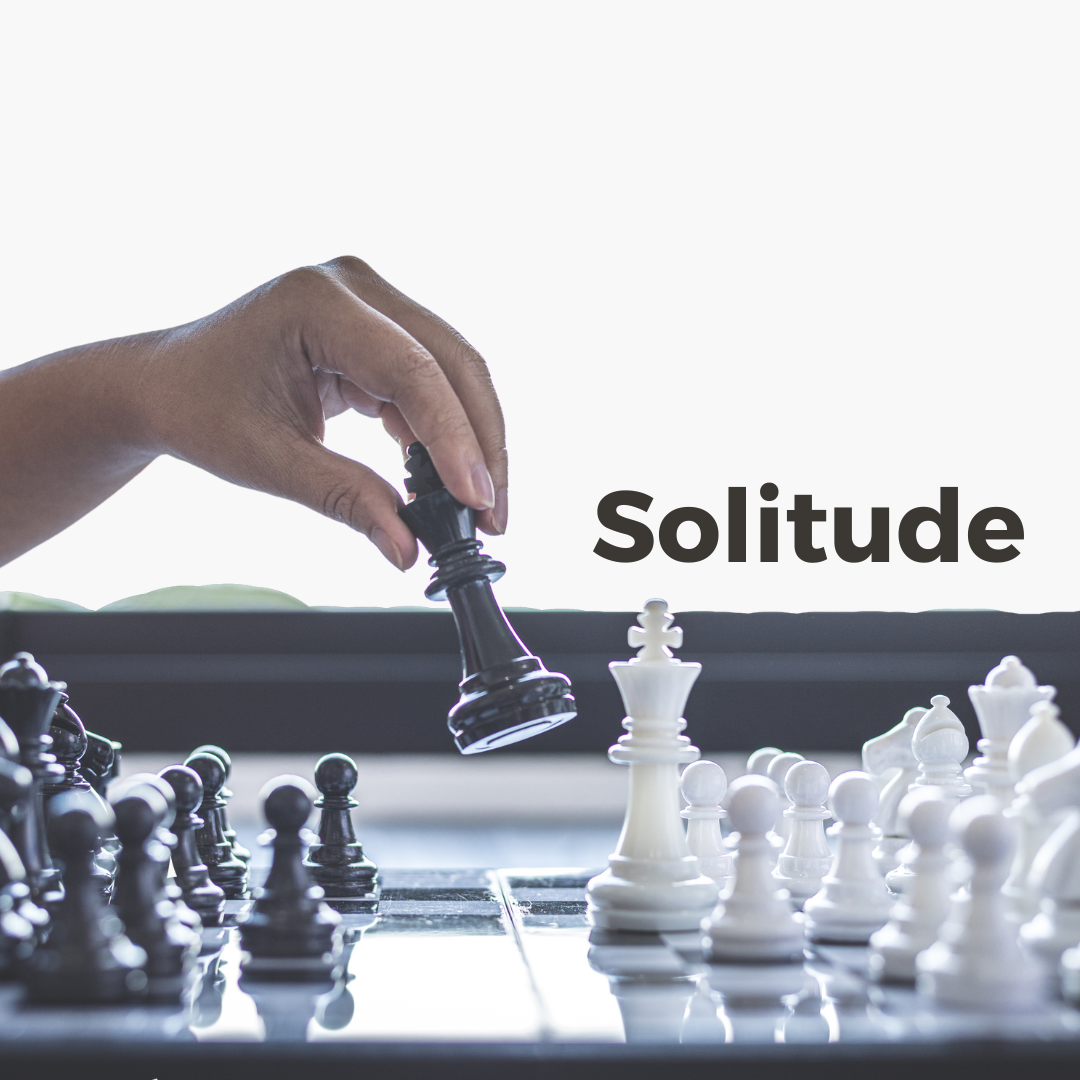
Anders Ericsson was fifteen and loved chess. He routinely trounced his classmates in the cafeteria at school until one boy—the worst player at the school—slowly, methodically, became one of its best. Anders knew the kid was practicing a lot, but how was this happening? The question lodged in his mind so durably that later in life when Anders went into research, he devoted himself to the question: How do extraordinary achievers become extraordinary?
Anders developed a series of experiments to try to find out. He traveled to a music school in Berlin and divided their violin students into three separate groups: an elite group (made up of students with the potential to be international soloists); a second group (all good players who would likely play professionally in some capacity); and finally a third group (solid players but none of whom aspired to be professionals). All three groups had identical classroom requirements, but Anders, looking for clues, asked all of them to keep journals of their daily routines.
Surprisingly, he found each group spent about the same amount of time—about fifty hours per week—practicing. But his research also revealed that the first group, the elite group, spent most of their time practicing…in solitude—an average of 24.5 hours per week totally by themselves. Meanwhile, the last group practiced on their own also, but only about 9.5 hours per week. In other words, the elite group practiced in solitude well over twice as much as the last group.
If you ask Anders what’s so magic about solitude, he will tell you, as he told Susan Cain for her terrific book Quiet: The Power of Introverts in a World That Can't Stop Talking, it’s only when one is alone that he or she can engage in “deliberate practice.” When you practice deliberately in solitude, you strive right into that area of your greatest need. And it’s only through undistracted intentionality in solitude that all of your focused attention is brought to bear in the place of your greatest need to improve.
Given our world’s extreme connectivity, most of us, whether we know it or not, thirst for what comes with solitude. Jesus certainly knew this. He disappeared sometimes. For instance, do you recall what He did when told His cousin, John the Baptist, had been executed by Herod? He withdrew by boat privately to a solitary place. We don’t know exactly what Jesus did when He withdrew, but we do know He went off to be alone. Presumably He prayed. Perhaps, He regathered Himself in order to control His anger about the violent injustice that had occurred. Maybe Jesus needed to process His own fear or anxiety as this surely was a foreshadowing of his own coming death.
The Scriptures tell us that when Jesus returned, the crowds—having heard of John’s execution—followed Him. Approaching by boat, Jesus saw a vast multitude on the shore. Later in the story we learn there were about 5000, just counting the men. And there the Scripture tells us, Jesus, moved with compassion, began to heal the sick.
What I envision here is Jesus’ boat coasting then crunching to shore, and He saw some 5000 men and thousands more, some with crude weapons in their hands, ready to do His bidding against Herod to avenge John’s death.
But instead of leading them toward vengeance, Jesus climbs from the boat, and just starts healing people. Can you see it? He spots a sick child among the crowds on the beach and wading through the water, walking past the warriors, heals a young girl, maybe not much younger than Salome, then others, then others. Those present had expected war. Instead they got love. As the masses see this, they drop their crude weapons and their knives as Jesus’ disciples say, this place is uninhabited, and the hour is advanced. “Dismiss the crowds,” they tell Him.
Jesus replies, “No, give everyone something to eat.” When they respond that all they had was five loaves and two fish, Jesus takes them and proceeds to feed all those present, miraculously, with just what was provided, filling them all to satisfaction.
Just how did the moments of solitude inform what Jesus did? We don’t know exactly, but what He did following those moments alone was completely counter-intuitive. He didn’t strike back. He didn’t speak about responsibility or assign blame. In fact there was no speech at all. There was just the quiet work of healing and feeding.
God—May I find some solitude to pray, to rest, to grieve, so I can return healed and to heal. Amen.
—Greg Funderburk





